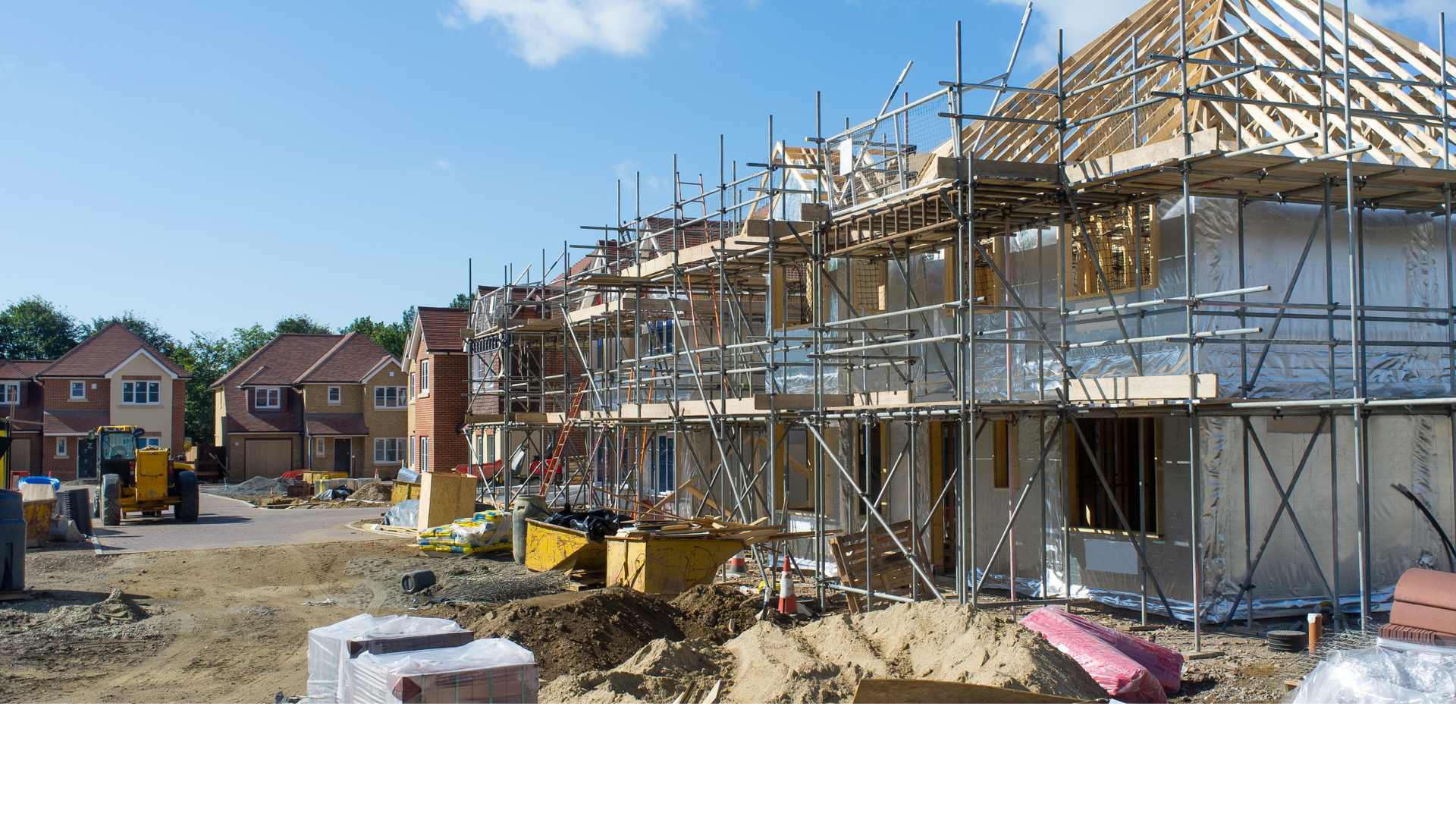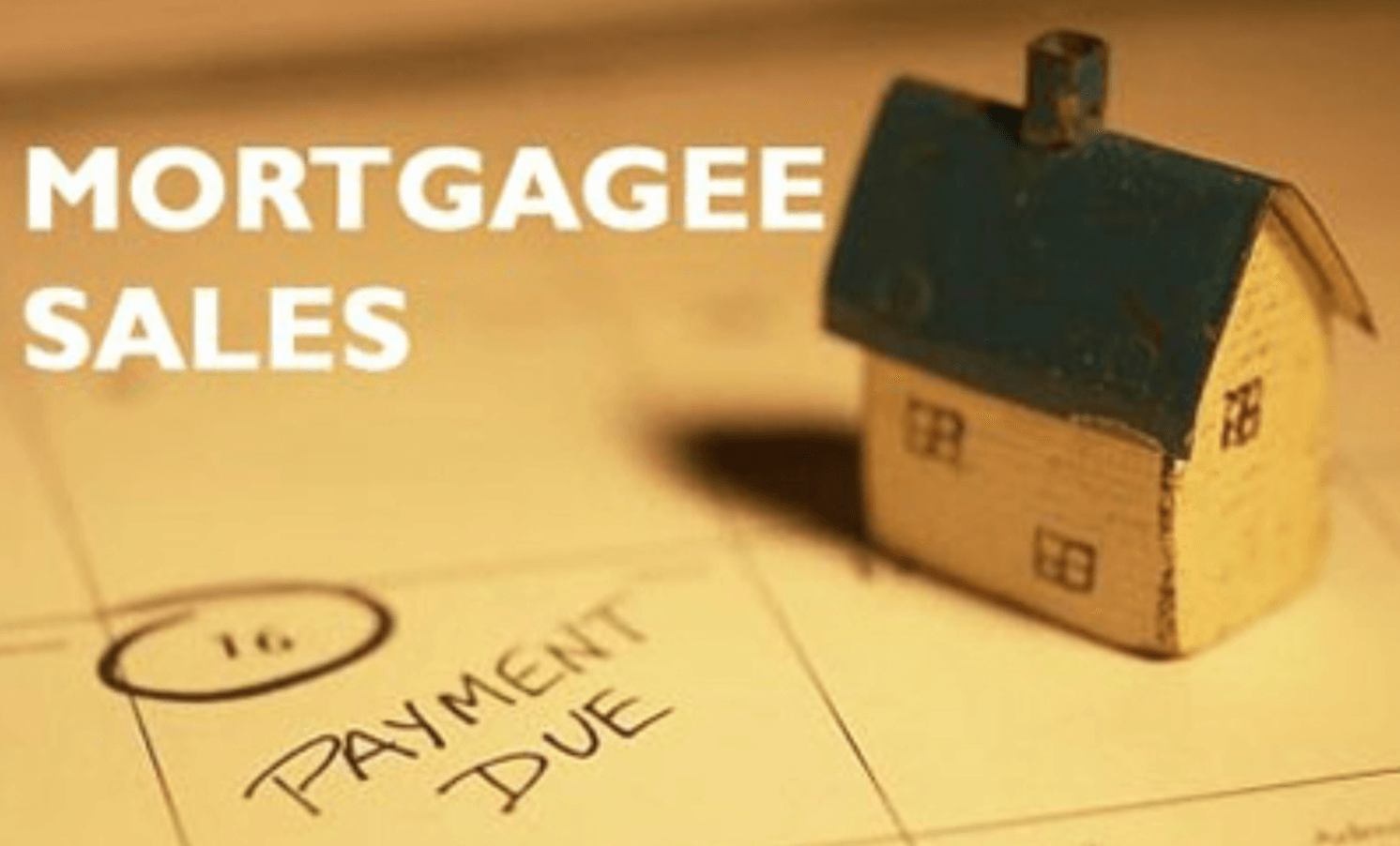Infrastructure Costs: The Hidden Price Tag in New Developments
Thinking of buying into a new residential development? Here’s what you need to know before signing on the dotted line.

Buying a brand new home should be exciting. Maybe you're eyeing a house-and-land package in a fast-growing suburb, or considering subdividing your own backyard. But there's something many buyers don’t even know to ask about, and it can hit hard—sometimes long after you've settled in.
We’re talking about infrastructure costs.
No, not interest rates. Not title delays. Not even construction blowouts (though those matter too). This is about the rising cost of roads, pipes, and public infrastructure—costs that are increasingly being passed on to you.
What Are Infrastructure Costs, and Why Are They Rising?
Councils across New Zealand are under pressure to deliver infrastructure fast—especially in growth areas like Auckland, Drury, and Tamaki. To help fund this, they charge development contributions (DCs) to developers for things like:
- Roads
- Water and wastewater
- Stormwater
- Parks and community facilities
While these are technically a developer’s responsibility, the reality is: those costs often end up in your contract price.
And the numbers aren’t small. In some areas, proposed development contributions have topped $100,000 per dwelling. Even after public pushback, they can still range between $50,000 and $70,000. That’s a hefty chunk of change—not going toward your kitchen benchtop or outdoor patio, but into underground pipes you’ll likely never see.
Why Should Buyers Care?
Because many buyers are getting blindsided—sometimes well after they’ve bought. Here’s what we’re seeing:
- DCs may be added into the cost of your land or home—even if you weren’t told explicitly.
- In some contracts, you could still be liable if the developer hasn’t yet paid the DCs.
- Higher infrastructure costs are discouraging development, which can limit housing supply and drive up prices.
- In other cases, infrastructure bottlenecks (like limited wastewater capacity) are delaying or halting developments entirely.
What Can You Do?
This isn’t about scaremongering. It’s about being informed.
New Zealand desperately needs more housing, and well-planned infrastructure is essential. But when the costs are poorly communicated or unfairly distributed, it’s everyday buyers who end up paying—often without realising it.
Do Your Due Diligence:
- Ask your lawyer or agent whether development contributions have already been paid.
- Review the title, LIM, and sale and purchase agreement carefully. Are there any outstanding charges?
- Check for any clauses that allow price escalations if council fees increase mid-build—even in “fixed-price” contracts.
Because once you’ve signed the contract, the pipes are already in—and so is the bill.
Need guidance before you buy?
The team at Conveyancing Shop Lawyers can help you review your contract, explain the fine print, and make sure you’re not caught off guard.
Get in touch with us today.
News and articles










